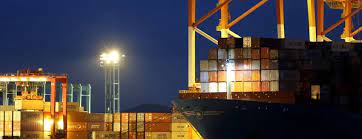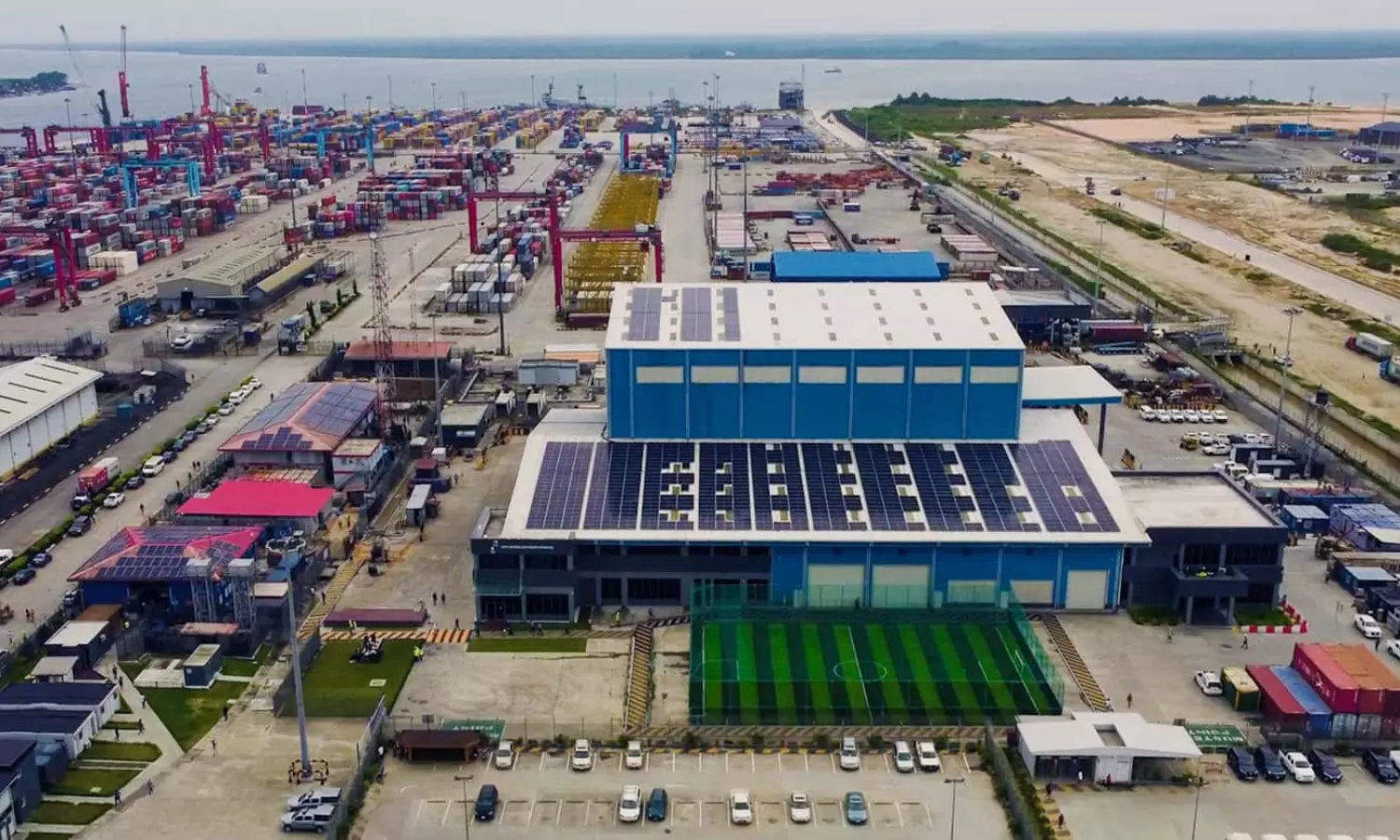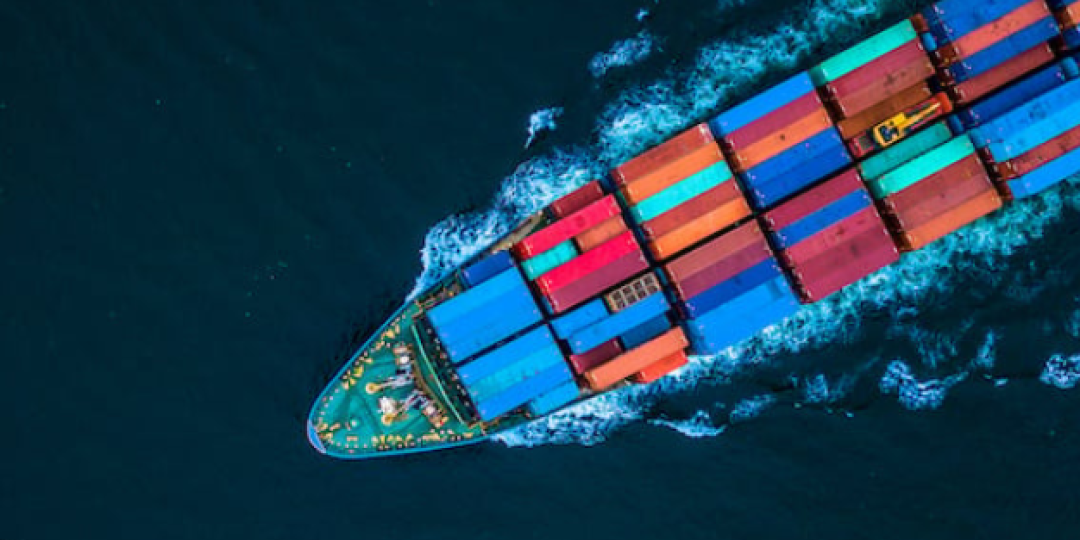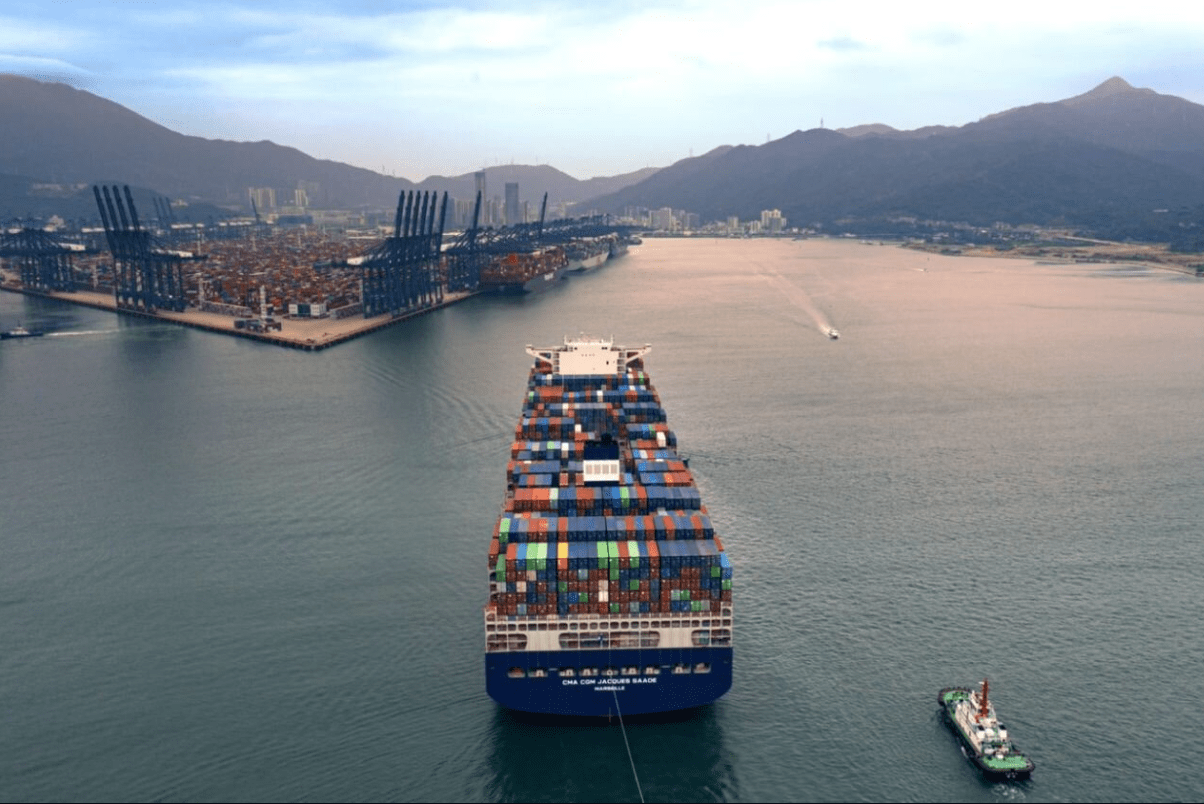Logistic

The impact of a shipping carbon tax in Africa

This is a recommendation from a report compiled by the Africa Policy Research Institute (APRI).
The report explores the possible impact of a carbon tax on the African shipping industry, stressing the economic challenges and opportunities it brings. It also advocates for equitable revenue transfer to promote an inclusive transition to net-zero emissions.
The report states that these monies can be used to build initiatives in renewable energy, resilient agriculture and hydrogen generation, all of which will help accomplish an equitable transition to net-zero emissions.
The IMO has committed to cutting emissions from shipping to net-zero by around 2050.
“Along the way, the organization aims to reduce total annual greenhouse gas (GHG) emissions from international shipping by at least 20%, striving for 30%, by 2030 (compared to 2008’s emissions); and by at least 70%, striving for 80%, by 2040.” the report noted.
The report notes that while some governments see the decarburization of the shipping industry as an opportunity to industrialize, many states – particularly those with ambitious goals – worry about the rising cost of living and food security.
Impact of shipping tax on economy and food security in Africa
Touching on the potential impact of a shipping tax on the economy and food security of African countries, the report looked at the effects of the tax on both the African economy as a whole and specific African economies.
“We found that the imposition of a levy on carbon would reduce the supply of maritime shipping services among African countries by up to 7%.
“We also found that in most individual African countries, the levy would have negative but limited effects on GDP, with a forecast reduction in GDP of 0.121% in the case of Equatorial Guinea, which would be the worst affected.
“The results also show that the global prices of agriculture and processed food commodities would increase by 0.011% and 0.013%, respectively, with implications for food security, especially since African countries import a large proportion of food items.
“Household incomes would fall in most individual African countries,” the report stated.
In general, the results show that a shipping levy is expected to
- reduce international trade,
- increase the cost of shipping,
- increase prices of commodities, and
- marginally reduce GDP and household incomes across the continent.
The report concluded that if the idea of ‘polluter pays’ is to be really implemented, redistributions to countries should take the form of direct transfers rather than loans.












